|
We have a big following of customers with bean to cup machines at home. This has come from a range of factors but there was definitely a spike of these type of machine purchases during the pandemic. Those that ordinarily picked up their morning brew on the way to work were stuck at home and still needed their fix! After the initial excitement of being able to brew delicious fresh coffee from their kitchens an important question was emerging.... Am I actually getting the best from this machine? The answer 90% of the time was 'No'. Sometimes it's a slight tweak to the settings but often it's a complete re-calibration of the 3 key elements:
* Grind size - Too course and the espresso will be watery, acidic, thin and sour. Too fine and hardly any water will get through and when it does the coffee will be bitter. * The amount of coffee dosed - Combined with the grind size this will hugely affect the results in the cup, everything from acidic through to burnt and ashy results. * The amount of water running through the coffee - This again will result in huge variances of flavour. Freshness of coffee is fundamental to getting a lovely brew too so ideally only put in what you expect to drink that day. We know it seems helpful to top up the hopper or canister to the top but it's only going stale from the moment it goes in. We have now set up dozens of machines at peoples homes and here at TPB HQ for them to take back home and the difference is amazing. If you want to get some training on your home set up then get in touch or have a look here. We will bring along a range of coffee to test and try and demonstrate how good (and bad) the results can be. We really have fun during these sessions and we have such amazing feedback too! All the best Ben
1 Comment
We had a private tasting group in over the weekend and we covered so much in discussion and practical demonstrations ( as we always do). One thing that often arises is strength of coffee. People say "I drink a number.... (insert any number) from the supermarket or "I like really strong coffee". It's a difficult thing to pin down really as there are a few factors that people judge strength on.
1, Roast Colour - A dark roasted coffee will bring out bolder flavours and be a little more bitter. 2, Robusta Vs Arabica - Robusta as a species is a lot earthier and has roughly double the caffeine of an Arabica varietal. 3, Extraction - Depending on your brew method the actual amount of coffee in your cup can hugely fluctuate. Under extracted or over diluted can affect the taste, flavour and strength. A decaffeinated coffee ( take our beautiful Delirium 74 for example) can taste 'strong' and full of flavour but its not particularly dark roasted, clearly doesn't have any caffeine in, and is made from Arabica. We could take our Rampage 13 that is dark roasted and is made from 100% Robusta but under extract it and dilute it heavily. Both these processes will dictate whether you think the coffee is strong or not. So, in summary, there are many factors that can cheat your taste buds into thinking something is strong or not. I would suggest you play around with brewing times, grind size and temperature of water with your existing coffee and see what difference you get. It can make a huge difference and means you can play around with flavours depending on whether its an afternoon brew or an early morning wake up call. As ever, if you want any help or advice or fancy popping in for a quick tasting then get in touch.'Free coffee Fridays' will be back soon and I may even start doing Saturday and Sundays! All the best Ben Hello and welcome! I'm going to use this space to hopefully inform you of interesting coffee-type content as I experience it and keep it light and engaging. The world of coffee is diverse and no two days are the same for me at TBP and some of it is definitely worth sharing. I'm sure there will also be some type of venting on here with frustrations and annoying situations I encounter.
Here's your starter! You'd be amazed at how difficult it is to get to speak to local businesses who seemingly want to work with other local businesses. I have approached many and most don't even bother replying, seems mad doesn't it? My stand point is never to do the 'hard sell', if I walk into your premises and everything from your coffee quality , equipment, staff training and products can't be bettered...I'll tell you and walk away! If not, then at the very least I can do is to give you advice or tips. I love what I do and this often rubs off on the people I work with, I just want spread the coffee love! (small rant over) On a positive note, the businesses large and small that I look after get so much from it. That initial coffee tasting and training session that I carry out is a real eye-opener (literally). Seeing someones face after tasting an 8 second espresso is a sight to behold (think sucking a blocked straw whilst their eyes roll back), but this process is essential to enable them to know what's right and what's not. Lots of cafes, restaurants, pubs have decent equipment but the product is ruined by poorly trained staff. This isn't the fault of the staff, they have simply learnt from someone else who may not have had training either. I always feel for them as all it would take is an hour or so of training and the product would be infinitely better. I suppose my parting shot should reward you for reading this really, so here it is. If you refer The Barista Project to a company that we end up working with, you can have a years supply of coffee. This means you'll receive enough coffee for a cup every day for a year. Worth around £170! That was worth reading after all eh? All the best Ben |
AuthorBen - Owner of TBP ArchivesCategories |
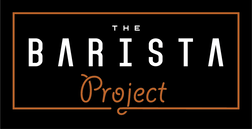
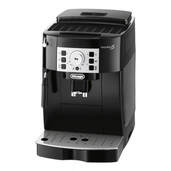
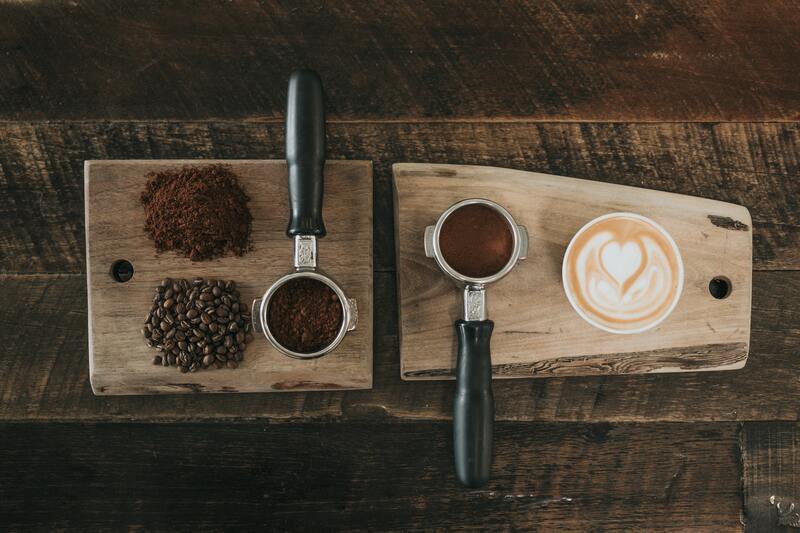
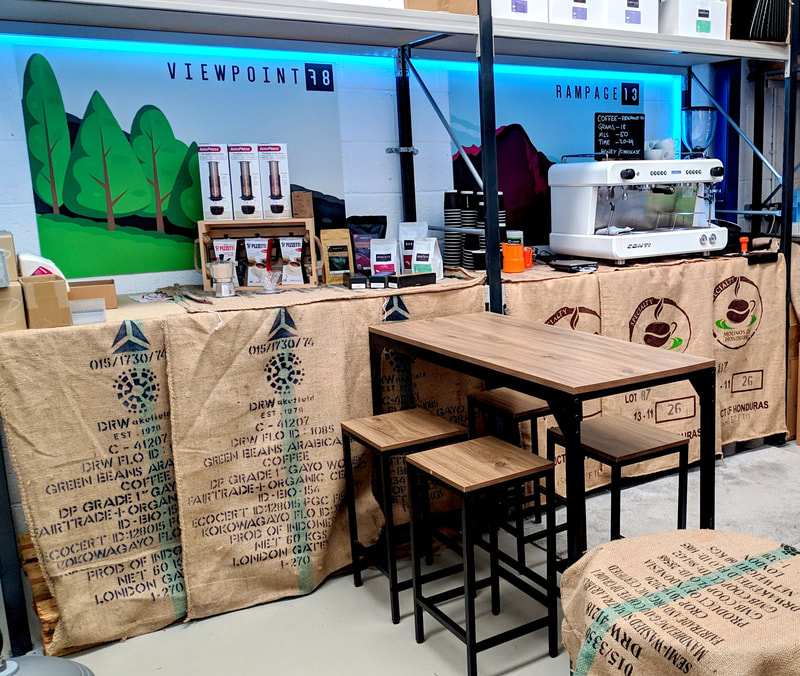
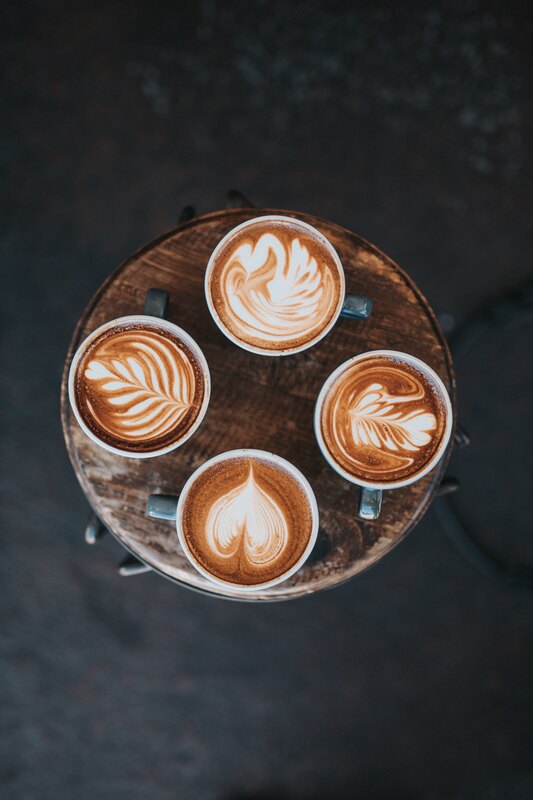
 RSS Feed
RSS Feed